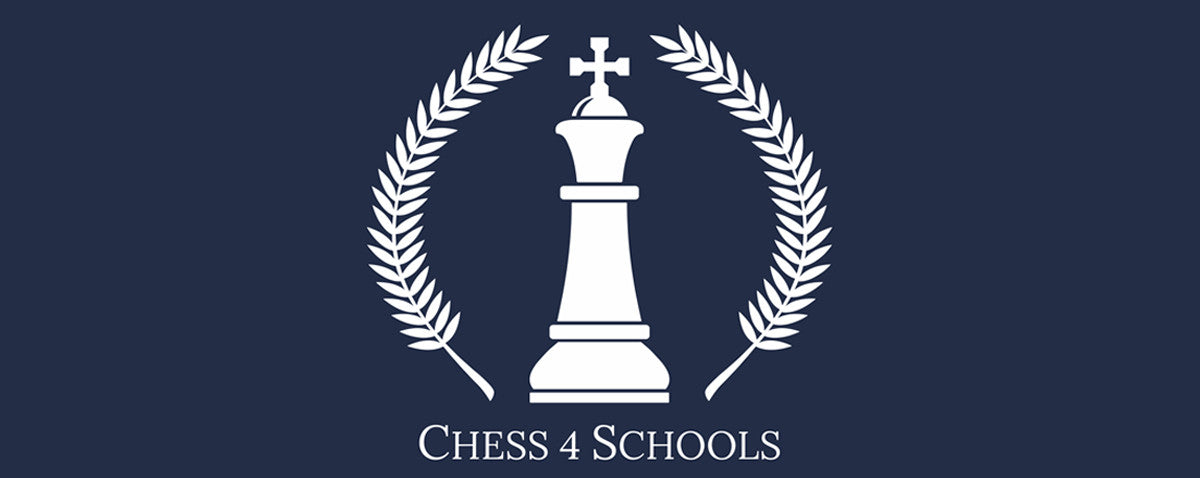Should Chess be compulsory in schools?
In short, our answer is yes.
Chess is said to enhance critical key cognitive skills including problem-solving, logical thought and memory, whilst also fostering crucial life skills such as strategic planning, decision making, and emotional control. Research has shown that children as young as seven may benefit from regular chess lessons.
Hank Roberts, former president of the Association of Teachers and Lecturers, said Britain was one of the few European countries that failed to recognise chess as a sport or fund a proper “in-school programme”. He insisted the game was hugely popular in private schools but too many in the state system failed to offer it to pupils.
Research has shown that the game – which is already part of the curriculum in some nations – can dramatically improve pupils’ levels of concentration, boost problem-solving skills and develop their thought processes. It's also said that chess can improve numeracy levels with knock-on benefits across other subjects, including reading.
But figures suggest that fewer than one-in-10 pupils in state schools currently get access to chess at school, placing them at a disadvantage compared with privately-educated peers.
In a motion submitted to ATL’s annual conference in Manchester, Mr Roberts called on the government to give more funding to the charity Chess in Schools and Communities to provide lessons in state schools, despite the award of almost £700,000 last year.
He also suggested chess should be compulsory at around seven. “They could be given a few timetabled lessons for a term or even half-a-term, and then chess clubs afterwards, once everyone has been given a taste for it,” he said.
Mr Roberts added: “Chess covers or comes into many areas of the curriculum. It’s not just about kings, queens, rooks etc, it’s about quadrants and coordinates, thinking strategically, foreseeing consequences. It’s about lines and angles, weighing options and making decisions".
Last year, the Education Endowment Foundation – a Government-funded charity established to help boost standards among poor pupils – announced the award of a £689,000 grant to help spread the game in state primary schools.
The funding was handed to Chess in Schools and Communities to stage special lessons in primaries across Liverpool, Bristol and Manchester.
It allows pupils to spend an hour a week on chess over 30 weeks, learning how to play the game and developing thinking and problem-solving skills through owning a chess set. Chess clubs will also be established in the schools.
2018






